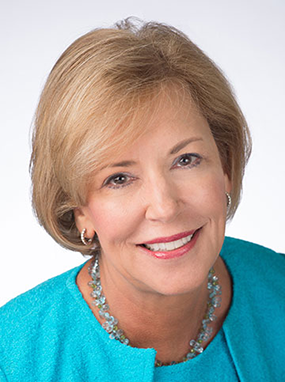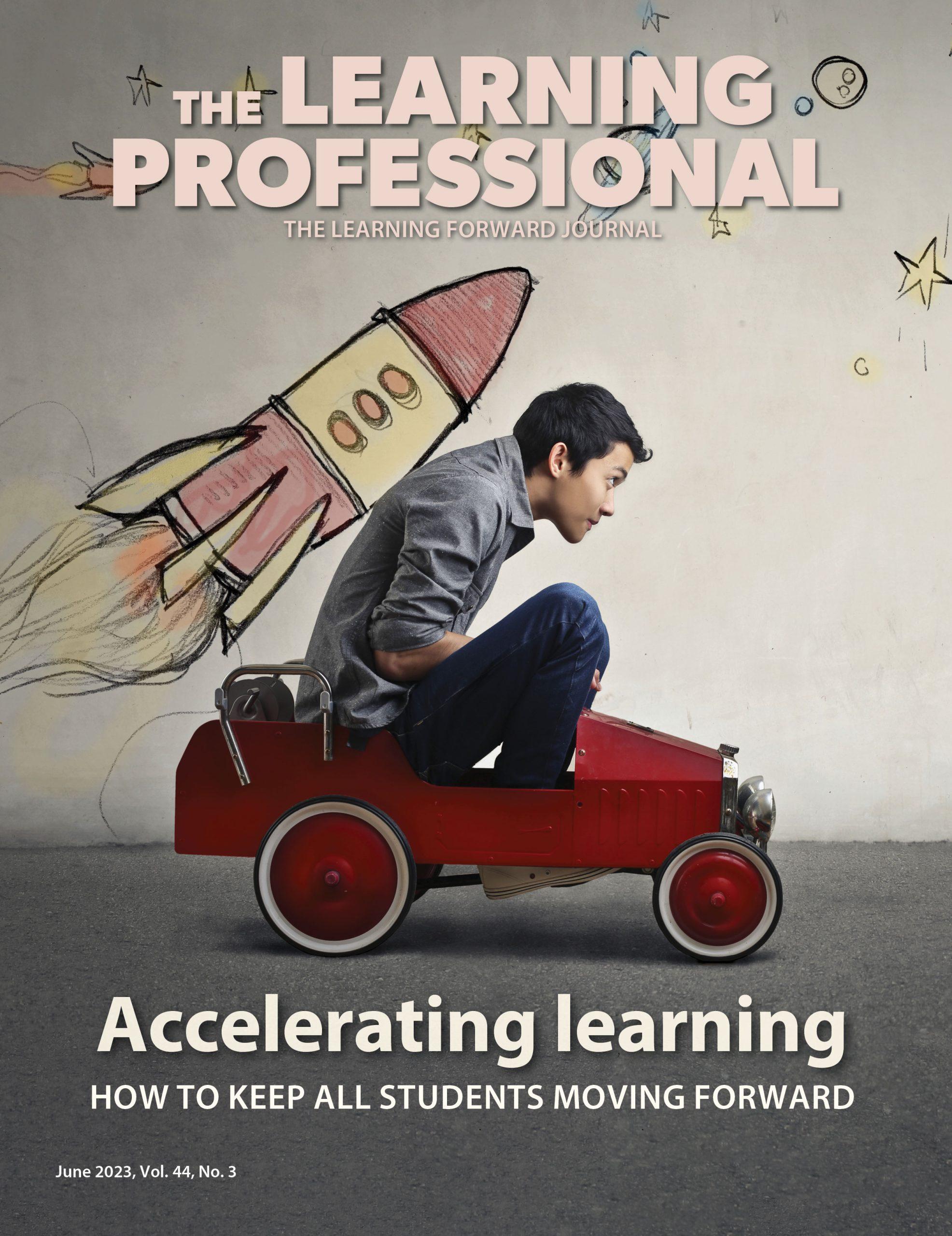Building hope, giving affirmation
Learning communities that address social justice issues bring equity to the classroom
By Stephanie Hirsh
Categories: EquityAugust 2010
Read the remaining content with membership access. Join or log in below to continue.
Sed ut perspiciatis unde omnis iste natus error sit voluptatem accusantium doloremque laudantium, totam rem aperiam, eaque ipsa quae ab illo inventore veritatis et quasi architecto beatae vitae dicta sunt explicabo. Nemo enim ipsam voluptatem quia voluptas sit aspernatur aut odit aut fugit, sed quia consequuntur magni dolores eos qui ratione voluptatem sequi nesciunt. Neque porro quisquam est, qui dolorem ipsum quia dolor sit amet, consectetur, adipisci velit, sed quia non numquam eius modi tempora incidunt ut labore et dolore magnam aliquam quaerat voluptatem.
References
Arneson, R.J. (2007, April). Does social justice matter? Brian Barry’s applied political philosophy. Ethics, 117(3), 391-412.
Berman, P. & Chambliss, D. (2000). Readiness of low- performing schools for comprehensive reform. Emeryville, CA:RPP International.
Berman, P., Chambliss, D., & Geiser, K.D. (1999). Making the case for a focus on equity in school reform. Emeryville, CA: RPP International.
Bryk, A.S. & Schneider, B. (2004). Trust in schools: A core resource for school improvement. New York: Russell Sage Foundation.
Cambron-McCabe, N. & McCarthy, M. (2005,January/March). Educating school leaders for social justice. Educational Policy, 19(1), 201-222.
Coalition for Student Success. (2009). Smart option: Investing recovery funds for success.Washington, DC: Author.
Cochran-Smith, M., Shakman, K., Jong, C., Terrell, D.G., Barnatt, J., & McQuillan, P. (2009, May). Good and just teaching: The case for social justice in teacher education. American Journal of Education, 115(3), 347-377.
Curren, R. (2009, February). Education as a social right in a diverse society. Journal of Philosophy of Education, 43(1), 45-56.
Darling-Hammond, D.,Wei, R.C., Andree, A., Richardson, N., & Orphanos, S. (2009). Professional learning in the learning profession: A status report on teacher development in the United States and abroad. Oxford, OH: NSDC.
DeMulder, E., Ndura-Ouédraogo, E., & Stribling, S. (2009, January). From vision to action: Fostering peaceful coexistence and the common good in a pluralistic society through teacher education. Peace & Change, 34(1), 27-48.
Guerra, P.L. & Nelson, S.W. (2007, Summer). Assessment is the first step to creating a school that educates everybody. JSD, 28(3), 59-60.
Guerra, P. L. & Nelson, S.W. (2009, January). Changing professional practice requires changing beliefs. Phi Delta Kappan, 90(5), 354-359.
Hall, G.E. & Hord, S.M. (2010). Implementing change: Patterns, principles, and potholes (3rd ed.). Boston: Allyn & Bacon.
Haycock, K. & Crawford, C. (2008, April). Closing the teacher quality gap. Educational Leadership, 65(7), 14-19.
Hirsh, S.A. & Hord, S.M. (2008). The role of professional learning in advancing quality teaching and student learning. In T.L. Good (Ed.), 21st century education: A reference handbook. Thousand Oaks, CA: Sage Publications.
Hord, S.M. (Ed.). (2004). Learning together, leading together: Changing schools through professional learning communities. New York: Teachers College Press.
Hord, S.M. (2009). Foreword. In D.B. Lindsey, L.D. Jungwirth, J.V.N.C. Pahl, & R.B. Lindsey, Culturally proficient learning communities: Confronting inequities through collaborative curiosity. Thousand Oaks, CA: Corwin Press.
Hord, S.M. (2010). Foreword. In K.K. Hipp & J.B. Huffman, Demystifying professional learning communities: School leadership at its best. Lanham, MD: Rowman & Littlefield.
Hord, S.M. & Hirsh, S.A. (2008). Making the promise a reality. In A.M. Blankstein, P.C. Houston, R.W. Cole (Eds.), Sustaining professional learning communities (pp.23-40). Thousand Oaks, CA: Corwin Press.
Hord, S.M. & Hirsh, S.A. (2009, February). The principal’s role in supporting learning communities. Educational Leadership, 66(5), 22-23.
Hord, S.M., Roussin, J.L., & Sommers,W.A. (2010). Guiding professional learning communities: Inspiration, challenge, surprise, and meaning. Thousand Oaks, CA: Corwin Press.
Joyce, B. & Showers, B. (2003). Student achievement through staff development (3rd ed.). Alexandria, vA: ASCD.
Leithwood, K., Louis, K.S., Anderson, S., & Wahlstrom, K. (2004). How leadership influences student learning. New York:Wallace Foundation. Available at www.wallacefoundation.org/SiteCollectionDocuments/WF/ Knowledge%20Center/Attachments/PDF/ReviewofResearch- LearningFromLeadership.pdf.
Lewis, C., Perry, R., & Hurd, J. (2004, February). A deeper look at lesson study. Educational Leadership, 61(5), 18-22.
McKenzie, K.B., Christman, D.E., Hernandez, F., Fierro, E., Capper, C.A., Dantley, M., et al. (2008, February). From the field: A proposal for educating leaders for social justice. Educational Administration Quarterly, 44(1), 111-138.
National Staff Development Council. (2001). NSDC’s standards for staff development. Oxford, OH: Author.
Nieto, S. (1999). The light in their eyes: Creating multicultural learning communities. New York: Teachers College Press.
Perry, R.R. & Lewis, C.C. (2009, November). What is successful adaptation of lesson study in the U.S.? Journal of Educational Change, 10(4), 365-391.
Peske, H.G. & Haycock, K. (2006). Teaching inequality: How poor and minority students are shortchanged on teacher quality.Washington, DC: The Education Trust. Available at www.edtrust.org/dc/publication/teaching-inequalityhow- poor-and-minority-students-are-shortchanged-onteacher-qualit.
Sensoy, O. & Diangelo, R. (2009, January). Developing social justice literacy. Phi Delta Kappan, 90(5), 345-352.
Skrla, L., Scheurich, J.J., Garcia, J., & Nolly, G. (2004). Equity audits: A practical leadership tool for developing equitable and excellent schools. Educational Administration Quarterly, 40(1), 133-161.
Trueba, E. (1998). Latinos unidos: From cultural diversity to the politics of solidarity. Lanham, MD: Rowman & Littlefield.

Stephanie Hirsh retired in June 2019 after 31 years with Learning Forward, an international association of more than 13,000 educators committed to increasing student achievement through effective professional learning. Hirsh led the organization as its executive director for the last 13 years where she presented, published, and consulted on Learning Forward’s behalf across North America.
Categories: Equity
Recent Issues
TAKING THE NEXT STEP
December 2023
Professional learning can open up new roles and challenges and help...
REACHING ALL LEARNERS
October 2023
Both special education and general education teachers need support to help...
THE TIME DILEMMA
August 2023
Prioritizing professional learning time is an investment in educators and...
ACCELERATING LEARNING
June 2023
Acceleration aims to ensure all students overcome learning gaps to do...








